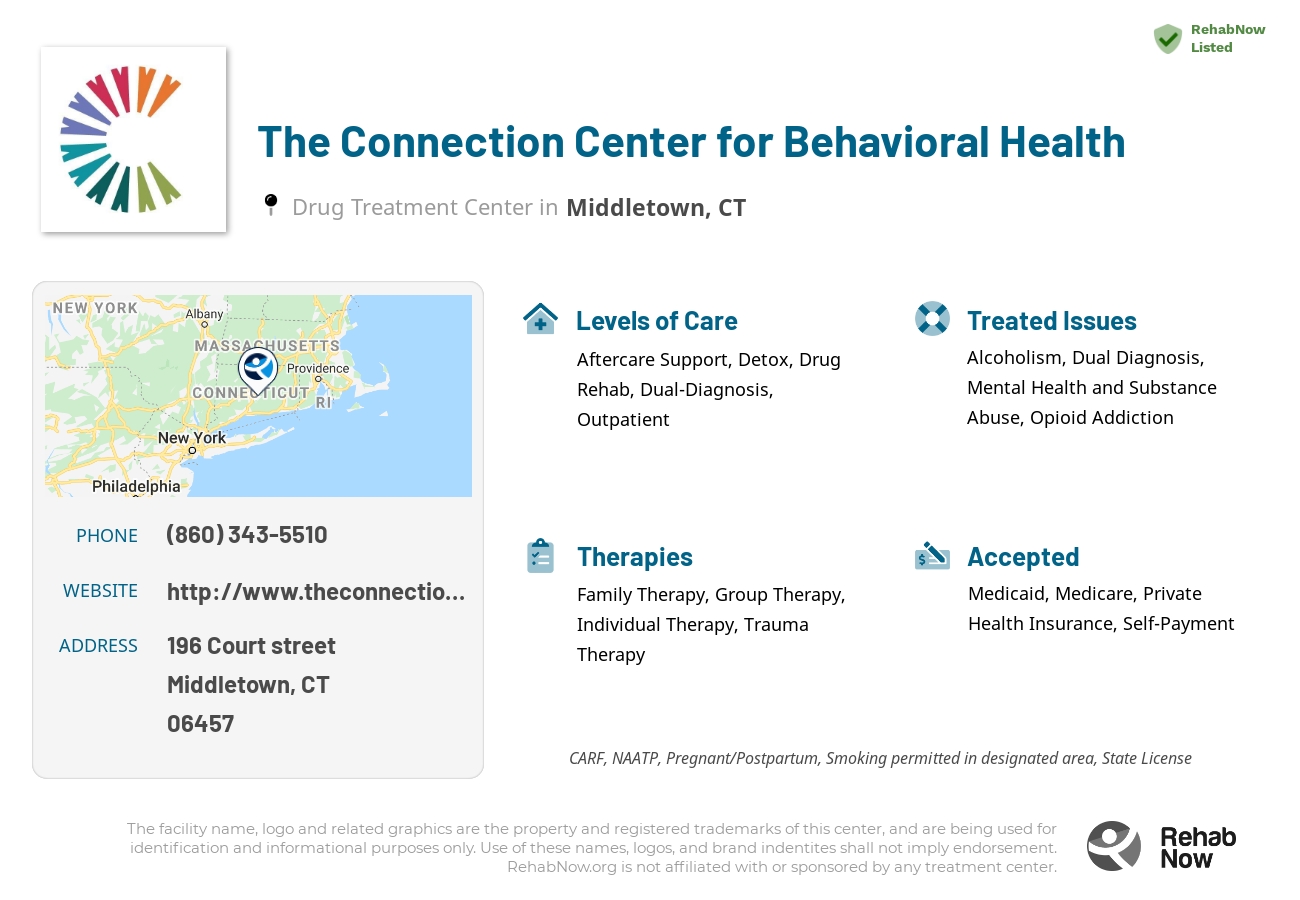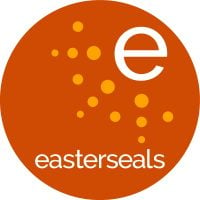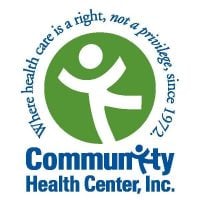Multiple patients have reported The Connection Center for Behavioral Health as permanently closed.
Research other rehabs in Middletown, Connecticut, or get help finding an open facility.
About The Connection Center for Behavioral Health in Connecticut
The Connection Center for Behavioral Health is an addiction treatment facility located in Middletown, Connecticut. Founded in 1972, this center has dedicated several decades to helping people suffering from alcoholism, dual diagnosis, opioid addiction, and drug addiction. The facility offers a wide range of services to cater to individual needs and employs a knowledgeable staff that prioritizes personalized care and support.
The professionals at The Connection Center for Behavioral Health are committed to providing effective treatments for addiction and substance abuse. They offer various levels of care, including detox, drug rehab, and outpatient programs. Additionally, the facility specializes in dual-diagnosis treatment, addressing both mental health disorders and addiction simultaneously. Their aftercare support program ensures that individuals receive proper assistance even after completing the main treatment phases. The center applies evidence-based practices and implements a range of therapy methods to best meet the needs of their patients on their journey towards recovery.
Genders
Ages
Modality
Additional
Conditions and Issues Treated
Opioid addiction starts when a person becomes addicted to legal or illegal opioids. The addiction can happen quickly, in just a matter of days. Opioid withdrawal can be extremely uncomfortable and lead the user to continue to use even if they want to quit. Stopping using an opioid requires medical observation. Sometimes inpatient treatment with a medically supervised detox is necessary for managing the withdrawal process while learning lasting tools for maintaining recovery. Medications may be used in some cases of opioid addiction.
Opioid addiction is one of Connecticut‘s most prominent forms of addiction. It’s treated by detoxifying the body so that the chemicals from the medications no longer impact them and by therapies to correct behavior and target the root of the problem.
Recovery is not simply about stopping drug use. Recovery is working with addiction while recovering mental health issues that are fueling the addiction in the first place.
Levels of Care Offered
This center offers a variety of custom treatment tailored to individual recovery. Currently available are Aftercare Support, Detox, Drug Rehab, Dual-Diagnosis, Outpatient, with additional therapies available as listed below.
Detox is the first step of rehab. It involves giving a person time to get the toxins out of their body. During detox, the patient gets ill and they will often start using again to get rid of these unpleasant feelings. That’s why it’s so important to have a Middletown medical professional at The Connection Center for Behavioral Health present. A Connecticut medical professional will make sure patients don’t start using during detox. They will also provide medication to ease their symptoms and coach them through on a mental level.
Outpatient treatment is considered the lower intensity level of addiction treatment. It’s ideal for early phase addiction or lower intensity addictions. It may include weekly sessions instead of daily. It may include weekly sessions instead of daily. Peer group support, 12-step programs, and individual counseling may still be involved but at a lesser frequency than an intensive outpatient program. It is a good choice for someone who doesn’t need to go through a medically supervised detox and who has a supportive home environment. It requires motivation and dedication to commit to the program without constant monitoring.
Aftercare support should take place after outpatient treatment has ended. There are a few different types of aftercare support that patients can seek. These include 12 Step, Self-help groups (AA, NA), Therapeutic communities, Long-term, structured sober living arrangements, and Halfway houses (residential treatment centers).
Therapies & Programs
Individual therapy involves one-on-one sessions between the patient and therapist. It provides patients with a safe environment to openly discuss personal and sensitive issues with the therapist. They find the therapist as someone they can trust. Individual therapy aims to identify the core issues that would have led the patient to substance abuse and address them effectively. The therapist can develop patient-specific customized solutions through individual therapy, which aids speedier recovery.
Family therapy is a group problem-solving that aims to improve communication and relationships between the addict, their family, and sometimes friends. The main goal of family therapy for drug addiction is to create an environment where communication can occur without judgment, hostility, or blame. The therapist is with the family as they learn to communicate differently, especially with the addict when s/he is using. The family can learn to reduce their enabling behavior or rally together and support each other during tough times.
An addict’s family can play a vital part in helping them to avoid relapse because they can spot the warning signs and help them get back on track before it becomes too much of a problem. Family therapy is one of the most effective ways to help addicts stay on the path to long-term sobriety. When a drug addict decides that they want to try and get sober, it takes the support of every person they love to succeed. It can be incredibly difficult for loved ones to watch an addict go through the pain and suffering of withdrawal, but by being there with them and supporting them, they can help to make sure that the addiction never returns.
Groups typically involve meetings with other recovering addicts who can relate to one another’s experiences. They might meet in person or online and typically focus on the process of staying sober rather than overcoming a specific addiction.
In these groups managed by The Connection Center for Behavioral Health, addicts can build a sense of community and develop strong emotional connections with others who understand what they are going through. These beneficial relationships can help addicts overcome their cravings and prevent relapse at any point during the recovery process.
In general, trauma therapy is a clinical process that helps individuals deal with mental stress often caused by traumatic events. The therapist helps the person identify, understand, and work through the problem. This is done with the help of talking about it in group or one-on-one counseling sessions. Therapists use relaxation, role-playing, art, and music to help the person open up about what is bothering them.
There are many different types of trauma therapists, such as psychiatric nurses and counselors. Not everyone is a good candidate for this type of therapy; it is generally reserved for people who have recently experienced a traumatic event and struggle to get over it. It is often done for children, teenage victims of sexual assault, and war veterans.
Payment Options Accepted
For specific insurance or payment methods please contact us.
Is your insurance accepted?
Ask an expert, call (888) 674-0062
Harborside Healthcare Associated Centers
Discover treatment facilities under the same provider.
- Harborside Healthcare - Arden House in Hamden, CT
- The Connection - Michael Perlin Center in Meriden, CT
- The Connection - Michael Perlin Center in Norwich, CT
- Connection - Outpatient in New Haven, CT
- The Connection - Michael Perlin Center in Old Saybrook, CT
Learn More About Harborside Healthcare Centers
Additional Details
Specifics, location, and helpful extra information.
Middletown, Connecticut 6457 Phone Number(860) 343-5510 Meta DetailsUpdated November 25, 2023
Staff Verified
The Connection Center for Behavioral Health Patient Reviews
There are no reviews yet. Be the first one to write one.
Middletown, Connecticut Addiction Information
Connecticut has a higher rate of substance abuse and addiction than the national average. The state ranks in the top 10 in the country for illicit drug dependence among those ages 18 to 25. In 2010, there were 9,211 people admitted to an alcohol treatment facility for alcohol abuse combined with a secondary drug. Connecticut ranked fifth in the United States of America for the number of fatalities involving drunk driving in 2014.
In 2013, there were over 2,000 reported incidents of drug abuse in Middletown, Connecticut. Drug overdose was the direct cause of death for over 800 people in 2014. 837 people abuse alcohol in Middletown, Connecticut. The cost of addiction is also taking a toll on the community as it costs the city millions of dollars. One great way to find the best treatment for anyone is to do some online research.
Treatment in Nearby Cities
- Litchfield, CT (30.6 mi.)
- Windsor, CT (20.2 mi.)
- Bridgeport, CT (38.4 mi.)
- Milford, CT (31.3 mi.)
- Chester, CT (14.0 mi.)
Centers near The Connection Center for Behavioral Health
The facility name, logo and brand are the property and registered trademarks of The Connection Center for Behavioral Health, and are being used for identification and informational purposes only. Use of these names, logos and brands shall not imply endorsement. RehabNow.org is not affiliated with or sponsored by The Connection Center for Behavioral Health.











